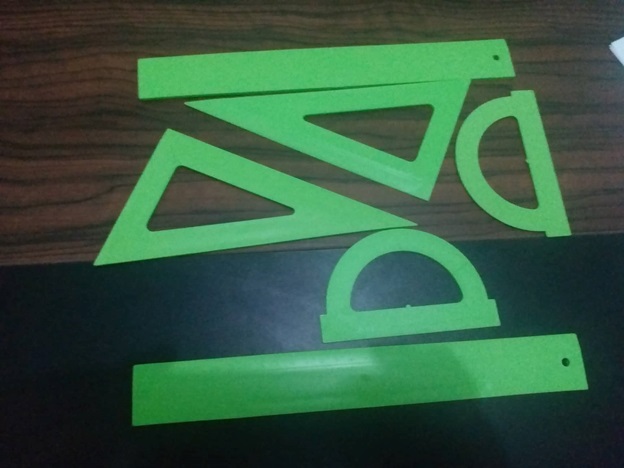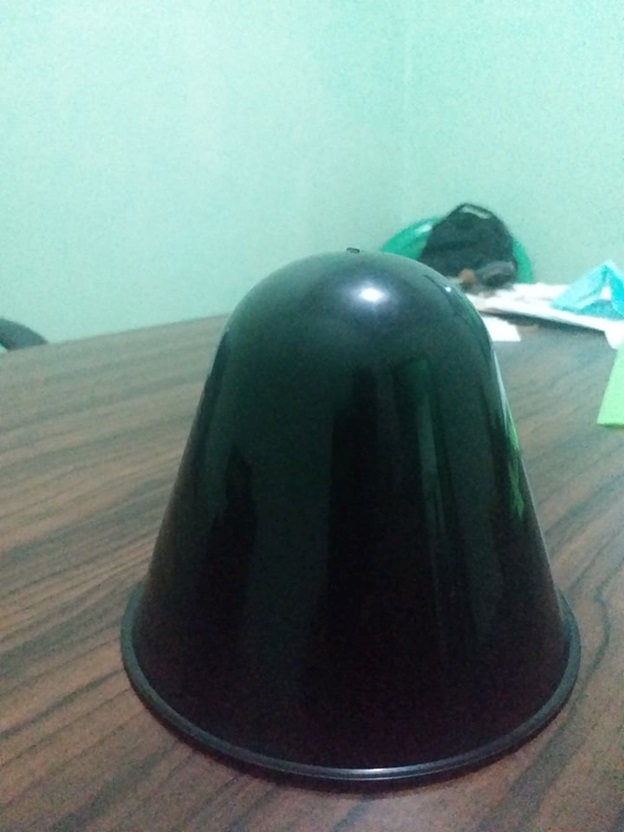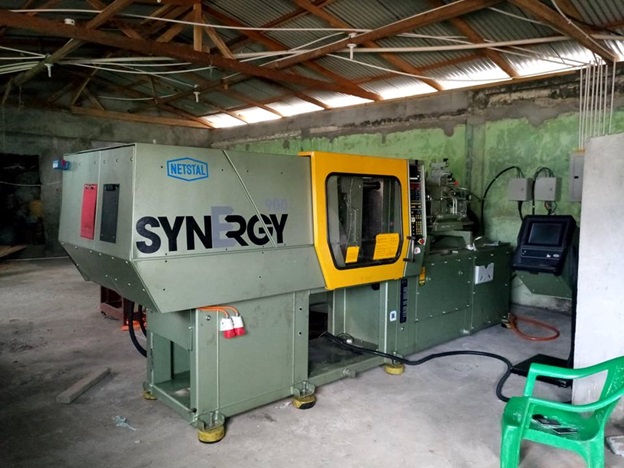
James Mulbah has close to a decade experience in youth empowerment and environmental protection in Liberia. As the Founder and Executive Director of Concerned Youth Organized for Development and Progressive Action (CYODPA), Inc, he provides monthly counseling to young people in Monrovia’s Turtle Base Ghetto.
James is the Chief Executive Officer of Green Cities Inc. (formerly Compost Liberia), a youth-based enterprise operating Liberia’s first waste recycling Program. Through Green Cities Inc., James has expanded his youth initiatives by creating more than 150 job opportunities for young people in slum communities in Monrovia. In 2015, James co- established a non for profit organization called Computer for Schools Liberia that focuses on advocating for the environment mainly on electronic waste disposal and refurbishing of computer waste for the establishment of computer labs to educate kids and youths in slum communities. In 2016, he established Agro-Green Liberia to handle organic waste for the production of fertilizer and its application.James has received numerous certificates and accolades, among them a Certificate in Peace Building and Conflict Transformation from the Kofi Annan Institute for Conflict Transformation University of Liberia and a certificate in Financial Management from the World Bank Group IFC.He served on the Regional Advisory Board of West Africa of the Mandela Washington Fellowship from 2014-2015; where he represented Liberia and Sierra Leone on the Board. In 2014, he was given the Most Innovative Entrepreneur Award by Business Start-up Center in partnership with SPARK, Bid network, and Accountability Lab. In 2017, he won an Award from Cleanup Africa as one of the Innovative youth on the continent. On the 15th July 2016, James received a Prize Award from World Bank Liberia in a Grant Prize competition to tackle youth unemployment and poor waste management in Monrovia. . On the 12th of September 2016, he was appointed by the Vice President of the Republic of Liberia as Environmental Adviser. James is also the 2018 United States -Africa Entrepreneurship Award winner.
The young entrepreneur in this interview with Sunday Oyinloye, Publisher, Green Savannah Diplomatic Cable speaks about how he is turning waste to wealth in Liberia

Excerpts
Why did you set up Green Cities, Liberia?
Upon graduation from the Kofi Annan Institution for Conflict Transformation at the University of Liberia, I decided to work with young people in slum community to help rehabilitate our brothers and sisters who were directly involved in our 15 years of brutal conflict. With my peace building knowledge, I worked with other young people to establish a youth organization called Concern Youth Organized for Development and Progressive Actions. With the organization, we started community cleaning up exercise, engaging in psychosocial activities with young people on the streets. It was from this community initiative I was recommended by one of the organization’s Board members in person of Mrs. Letitia A. Reeves (Former City Mayor of Paynesville City). That recommendation, made me become an entrepreneur in the waste management sector.

What are the major environmental challenges facing Liberia and what solutions would you proffer?
The major environmental challenges facing Liberia are open dumping of solid waste, increase in plastic lettering, lack of waste separation methodology and inadequate awareness and sensitization on proper waste management. The best solutions for these environmental challenges will be to add economic value to waste. With this, the citizens will understand the value of solid waste. This will support waste separation, reduce open dumping, and reduce littering of plastic, using the bottom-top approach in educating the citizens on the importance of waste separation at source. This can be achieved by educating the kids in various schools. These kids can also help to educate their parents at home.

Has Green Cities made any impact in your country?
Green Cities has created more than 100 sustainable development opportunity for young people in the waste sector. We are recycling plastic into new end products, composting organic waste into new end product for farmers, packaging paper for reuse purpose, refurbishing e-waste for second life span and carrying on sustainable waste collection approach called the win-win strategy. With the approach, we reduce service charge for customers who properly separate their waste.

What are the things you are producing from recyclables?
Currently, from plastic waste, we are producing geometry tools for students and rubber latex collection cup for smallholder farmers.. We are also producing organic fertilizer for farmers from organic waste collected. In addition, we are refurbishing electronic waste for second hand use. We give second life to computer waste. Very soon we will be producing egg cart from paper waste and concrete from glass waste.
Many cities in Africa are littered with garbage, what is the problem and how can Africa have cleaner cities?
Almost all cities in Africa are littered with garbage. The problem is that governments in Africa and Africans as a people have not seen waste as something with economic viability. Until we start to see waste as something to create employment opportunities for our citizens, the problem will persist. Sustainable waste management is the best option for Africa. I believe if governments across Africa can start investing in waste value chain approach, our cities will be cleaner. Secondly, this Green business will help create jobs opportunities for young people.

Are you working on any future project?
Yes, I am working on a future project that will focus on doing large scale plastic, organic, paper, glass, and e- waste recycling in Africa. This reason I decided to focus on these wastes is because they are the major wastes causing problems for people globally. Secondly, my company is committed to creating zero waste environments through waste value chain approach.
Do you have a vision of taking this initiative to more African countries?
I have a future plan of moving into other countries in Africa. I will prefer to start with the Mano River Union Countries (Liberia, Sierra Leone, Guinea, and Ivory Coast). Three of these countries (Liberia, Sierra Leone, and Guinea) had history of Ebola virus disease and one of the key causes of the virus spreading was poor waste management system.

Is there something the world doesn’t know about James Mulbah?
My dream for Africa is to see the youth develop positive mindsets about themselves. Personally, I believe that poverty is not the continent’s problem, but lack of positive mental attitude towards innovative ideas.










